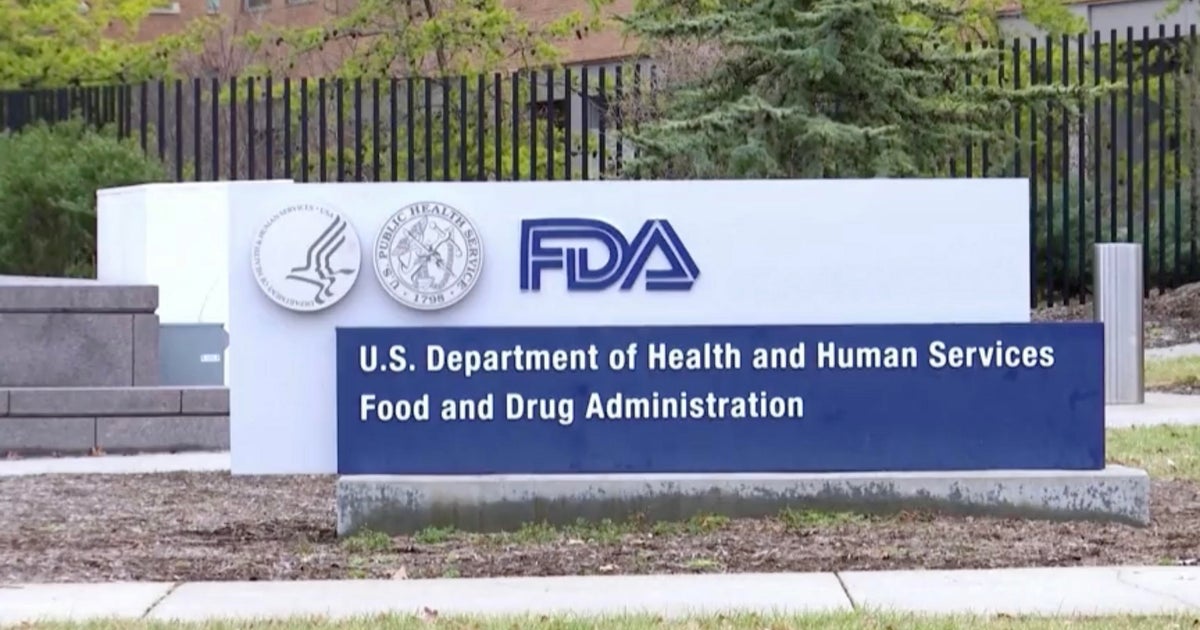FDA Updates Covid-19 Vaccination Policy
The Food and Drug Administration has decided to continue approval of Covid-19 vaccination updates for seniors and others with a higher risk of serious illness. However, vaccine manufacturers will have to carry out large new clinical studies before they are approved for wider use. This decision means that many Americans may not have access to updated vaccinations without underlying conditions in the fall.
New Regulatory Framework
The new rules for COVID-19 vaccine permits require vaccination manufacturers to carry out "randomized, placebo-controlled studies" before the FDA will approve future applications for "all healthy people" between 6 months and 64 years. Otherwise, companies can only receive routine Covid-19 vaccination updates that were approved for both seniors and people with underlying diseases, such as pregnancy or diabetes, which increase the risk of serious illness.
High-Risk Individuals
The range of diseases in the CDC definition of a high risk of serious diseases is great, including obesity and even mental illnesses such as depression. According to estimates, 100 to 200 million Americans will have access to vaccines in this way. Vaccination manufacturers are asked to carry out new randomized studies between adults between 50 and 64, in which they believe that the balance between advantages and risks is uncertain.
Clinical Studies
Dr. Vinay Prasad, the new top vaccine officer of the FDA, said that they also encourage new exams in children under the age of 5. Prasad believes that they have a really good balance between people in need of protection and those who still have a high risk and can still have quick access, but people with an average risk and a low risk need evidence. Makary and Prasad criticized the United States for introducing "a uniform regulatory framework" to enable broad approval for previous Covid-19 vaccine boosters in the past, citing poor uptake of past annual COVID-19 booster shots.
International Comparison
Other industrialized countries have already limited COVID-19 vaccine boosters to only older adults and those with underlying diseases that increase their risk of serious illnesses. The FDA’s decision is in line with this approach, as they reject the view that the American people are not demanding enough to understand age and risk-based recommendations.
Impact on Access to Vaccines
Dr. Celine Gounder, a medical contributor, said that these guidelines essentially take away the opportunity for some people to receive a booster. Up to now, people have decided whether or not they want to get a booster, but now, if they are under the age of 65, they may not receive an updated booster. The required clinical studies may be an evidence-based approach, but Gounder is skeptical, as there would normally be a publicly shared systematic review of all vaccine data before a change like this is made.
Future of Covid-19 Vaccination
The new regulatory framework for COVID-19 vaccination will be determined by the FDA’s guidance, which will decide how the burden used in the next season is to be updated. In recent years, the FDA has had these updates in a process that resembles the annual flu shots, mainly based on laboratory data that shows that vaccines can trigger antibodies. However, Makary and Prasad believe that Covid-19 shots should be held to a different standard, citing differences in the mutate of the virus and immunity offered by vaccines and previous infections.
Vaccine Manufacturers’ Response
Pfizer said that they are reviewing the details shared by the FDA and are ongoing discussions with the agency. The company believes that their shots have been given to over a billion people, including children, and have shown cheap safety data. Modern’s spokesman said that they appreciate the clear guidance of the FDA and undertake to work with the agency to provide the data they need to ensure access for Americans. Novavax, which received a restricting FDA approval for their Covid-19 vaccine, declined to comment.

